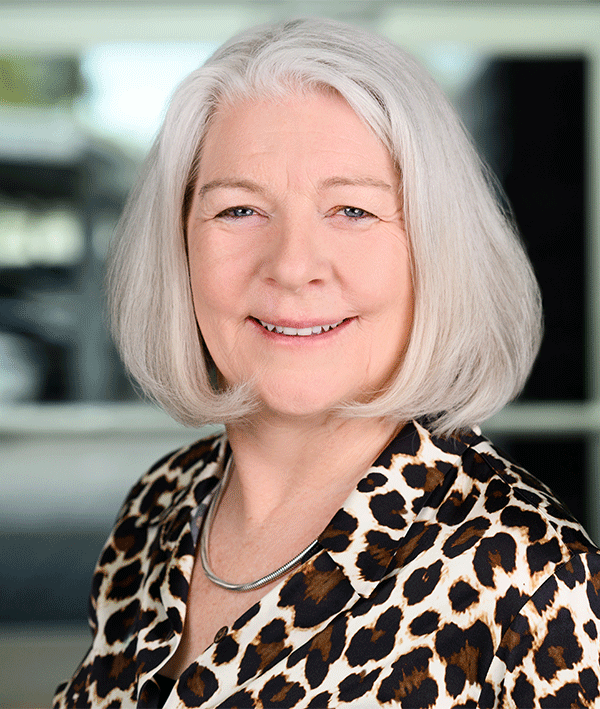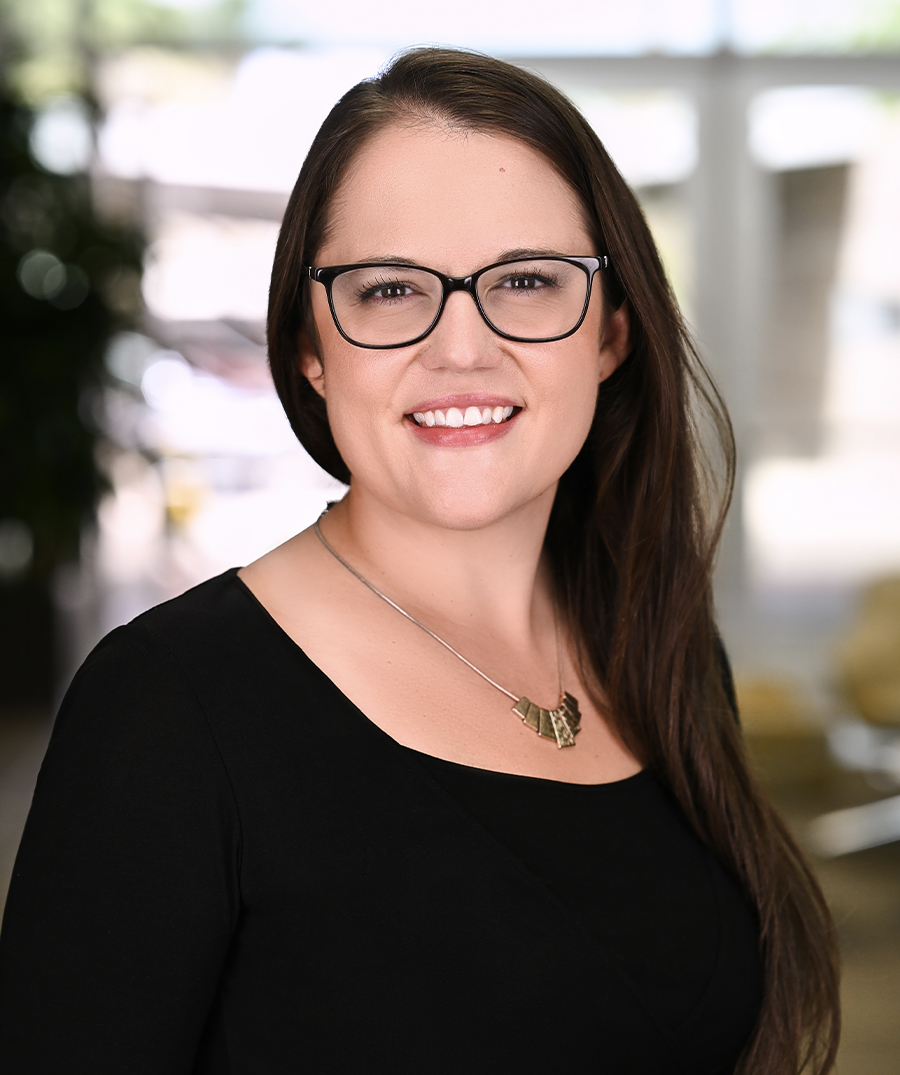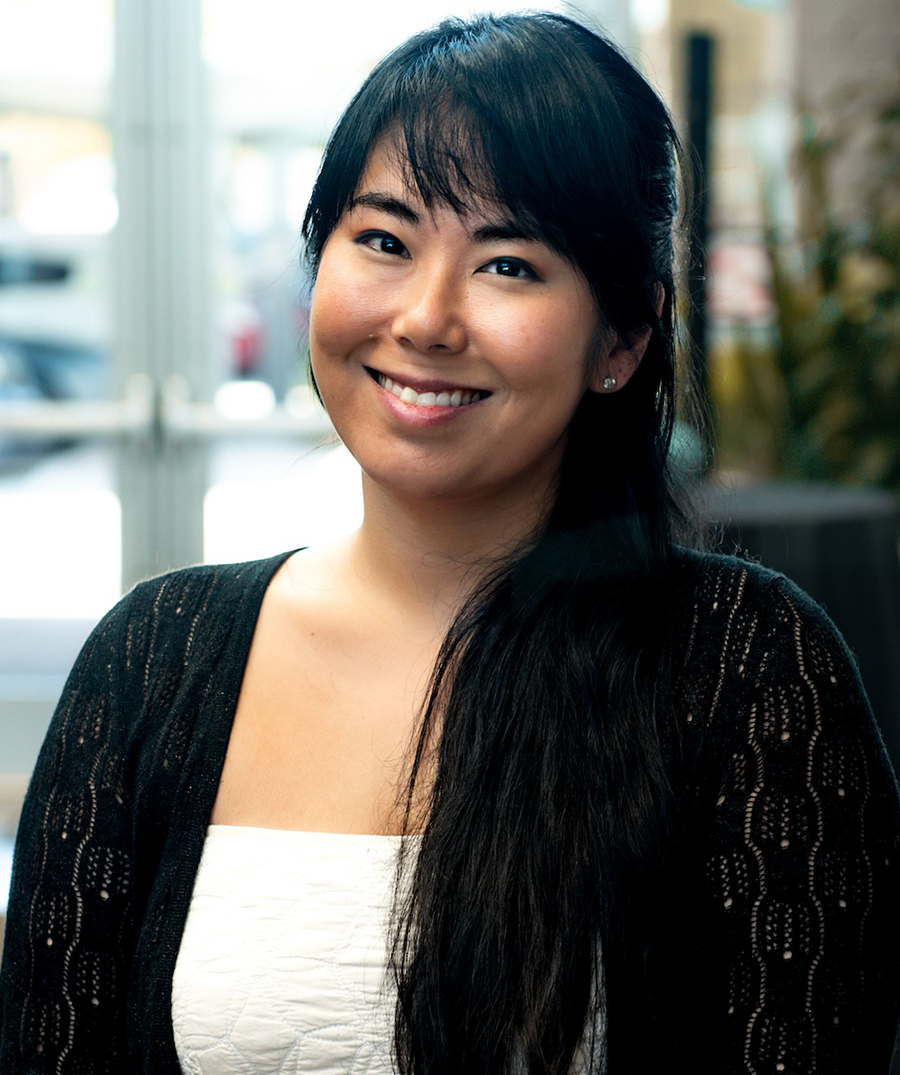UA undergrads give labs a hand
[Source: Arizona Daily Wildcat]
Some undergraduate students analyze DNA, tumors or enzymes to earn their spending money.
Students working in labs within the Arizona Health Sciences Center are paid to contribute to research projects. Undergraduate students can be found in labs throughout research centers, the BIO5 Institute and the College of Medicine.
[UBRP is funded by grants from the Howard Hughes Medical Institute (HHMI), the National Science Foundation (NSF), the National Institutes of Health (NIH), and the American Society for Pharmacology and Experimental Therapeutics (ASPET).]
“There’s such a wonderful culture here of including undergraduate research,” said Carol Bender, director of the Undergraduate Biomedical Research Program (UBRP).
[UBRP is funded by grants from the Howard Hughes Medical Institute (HHMI), the National Science Foundation (NSF), the National Institutes of Health (NIH), and the American Society for Pharmacology and Experimental Therapeutics (ASPET).]
[More]
 The National Science Foundation has awarded a $9.9 million grant to a University of Arizona-led team that will study the wild relatives of cultivated rice. As
The National Science Foundation has awarded a $9.9 million grant to a University of Arizona-led team that will study the wild relatives of cultivated rice. As 


